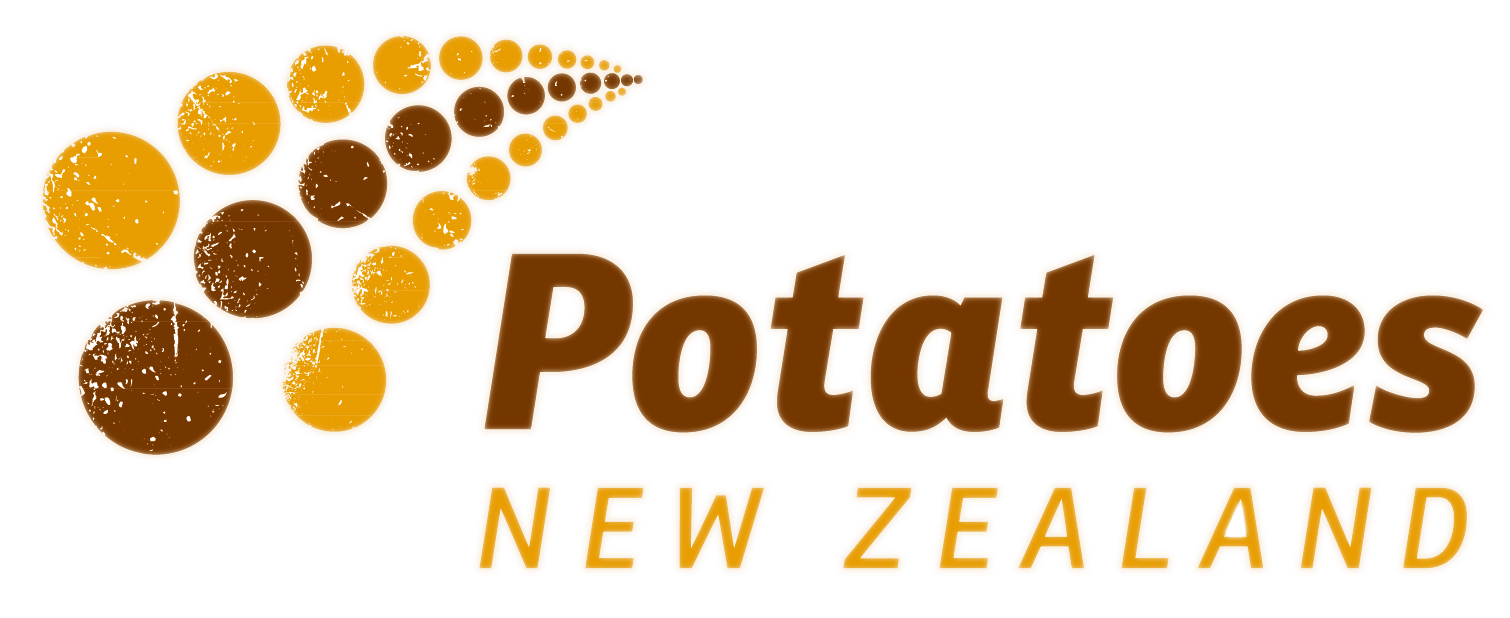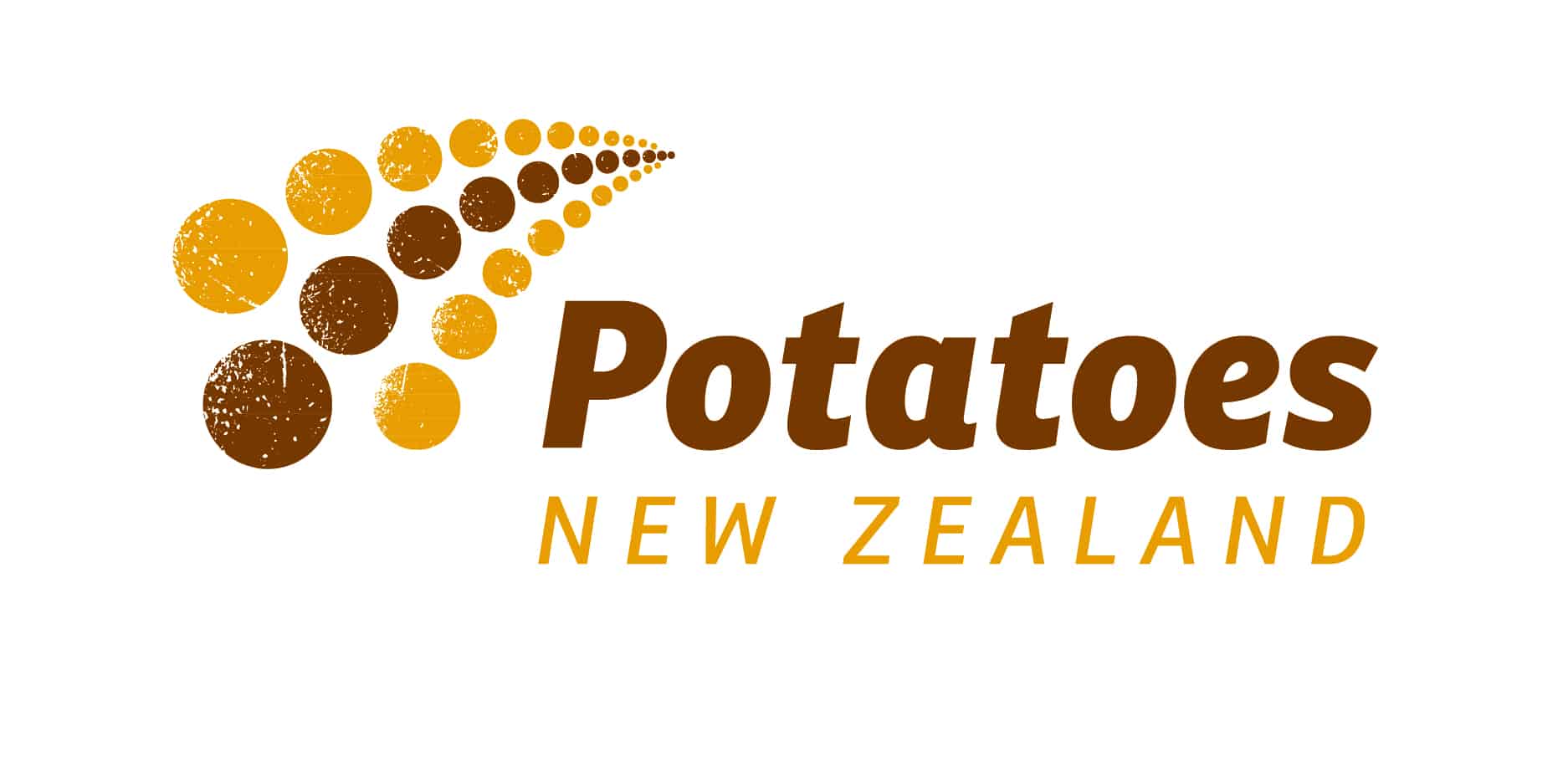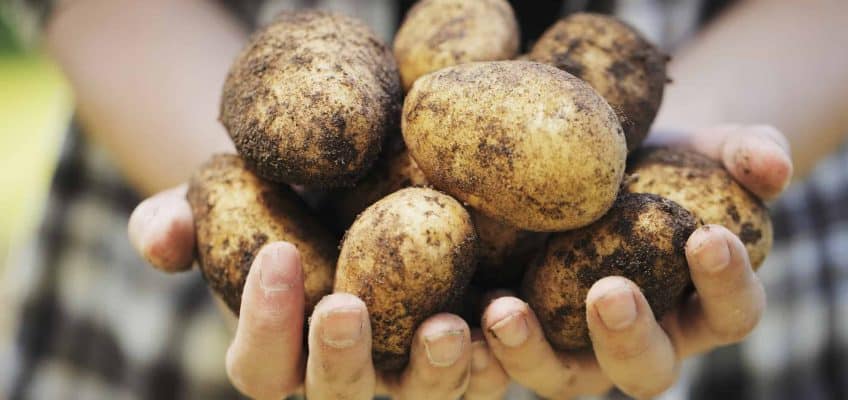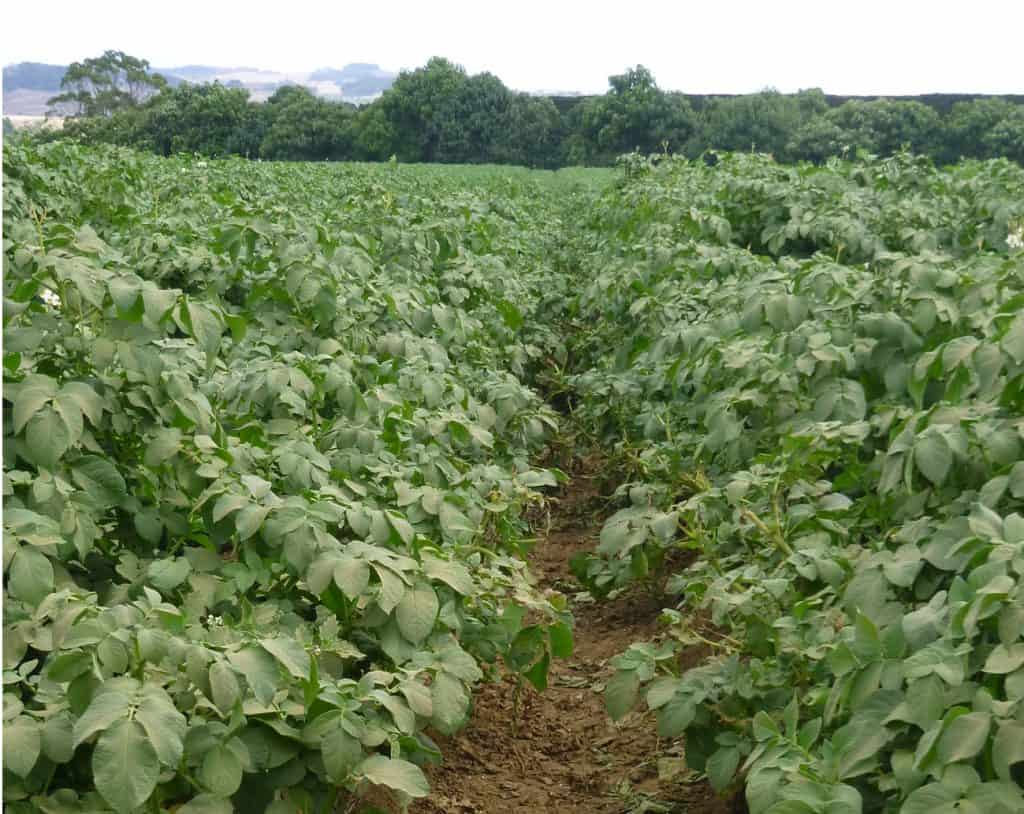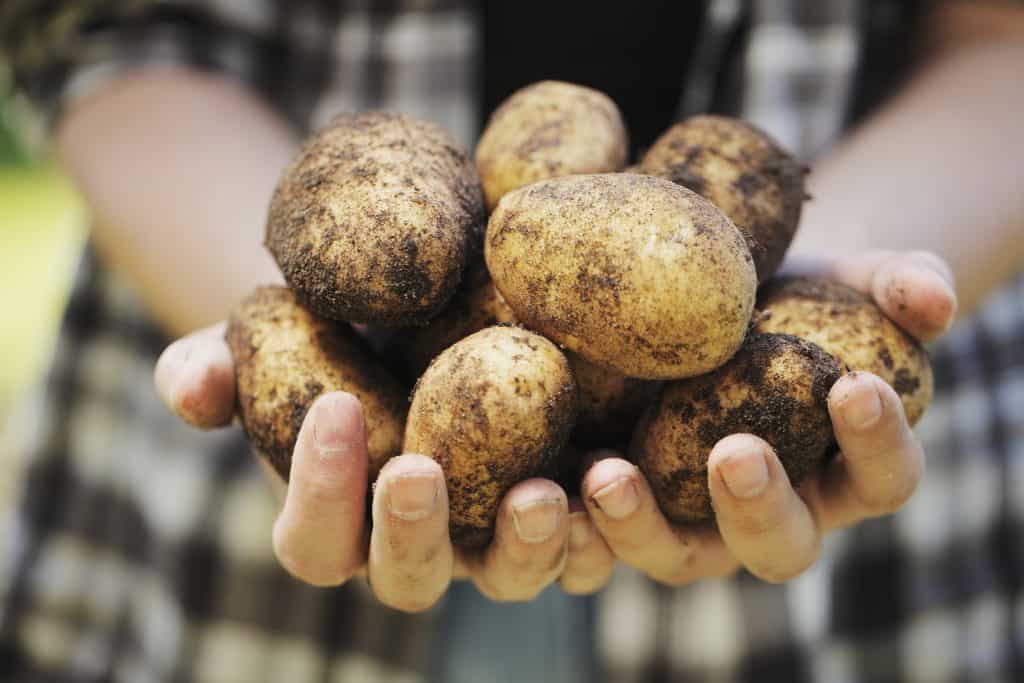By Niki Bezzant
Do they use Roundup on potatoes? This was the question hotly debated recently on Newstalk ZB, as part of a broader conversation (in which I was interviewed) about pesticides and chemicals used on food crops. The host, Simon Barnett, swore he had ‘heard somewhere’ that potatoes were sprayed with Roundup (glyphosate) and this got the phones running red hot. This particularly controversial chemical has been the subject of many years of debate, and a recent court case in the US. The idea that it would be used in the production of our most favourite vegetable got a lot of people pretty upset.
The plot thickened when someone claiming to have been a grower texted in that yes, he had sprayed with Roundup. An agronomist phoned in to say no, this was never done. A definitive answer was needed, which we got, thankfully, in the form of Chris Claridge, Potatoes New Zealand CEO, who settled the question by stating for the record that no, growers definitely do not use Roundup on potatoes. Roundup is a spray that goes into the roots of plants; in the case of potatoes that would mean it would go into the tuber, and that would not be a good thing. So it would not make any sense to use this particular spray on spuds.
The bigger picture here, which got me thinking, is that people have a real fear and distrust of ‘chemicals’ in and on their food.
I think some of this stems from information we can access online, especially things relating to how food is produced overseas. Often though, this is not relevant to the situation here in New Zealand. We see this frequently in conversations around how meat is produced – in the US, for example, the use of feedlots and corn-based feed makes for far less healthy and sustainable meat than that from New Zealand’s grass-fed animals. But the myths persist.
When it comes to plant crops, we see this also in oft-quoted social media posts about the so-called ‘dirty dozen’, described as the fruit and vegetable crops most likely to be contaminated with agricultural chemicals. The problem? That list has no relevance to how we produce our fruit and vegetables here in New Zealand. Here, I think consumers can be reassured that our food crops are some of the safest in the world; the residues on our fruits and vegetables are tightly controlled and routinely measured by MPI and are mostly very, very low. Many of the residues measured in the last survey (last year) were below 1% of the acceptable limits, in fact. That is really good news. And that’s what I told ZB listeners.
I think there are more stories to be told here, and that popular word, transparency, comes into play. I have found that the more I know about how the food I eat is produced, the more reassured I am about its safety and health. I think, in general, consumers are not exposed to all that much information about where and how their food is grown, and this might be what leads to suspicion.
Something Chris Claridge said to me sticks in my brain on this. Farmers, he said, are people who love food; they love the land; they love their work and they really want to produce the best possible food they can for people. They’re not doing it solely for profits. I think if more consumers really understood this message, the less mistrust and misinformation about our food there would be.
